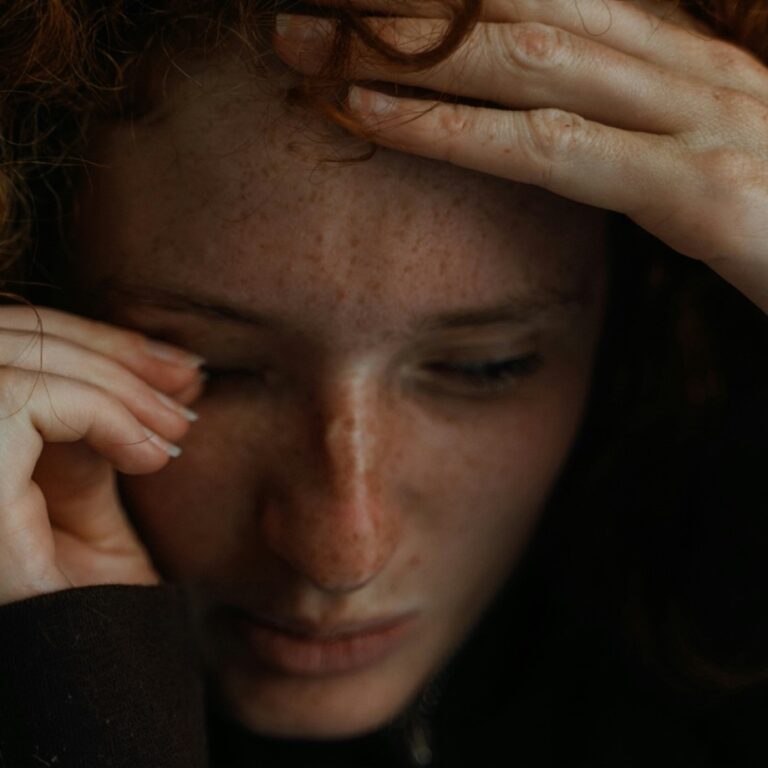The adage “hurt people, hurt people” holds a painful truth. Individuals who inflict abuse on others have often experienced or witnessed hurt themselves. This isn’t an excuse for their behavior, but it can be a factor in the cycle of abuse. They may replicate the patterns they know, perpetuating a cycle that they too were once caught in. Understanding the reasons why people abuse others can provide context but should never be seen as justification for their actions.
Some of the Reasons Why People Abuse
· They Have a Personality Disorder
A small segment of the population, those with antisocial personality disorder (sociopaths or psychopaths) and sadistic tendencies, may abuse others for personal pleasure. These individuals often gain satisfaction from inflicting pain and lack empathy, making it easier for them to abuse without concern for their victim’s feelings.
Factors such as head trauma, certain personality disorders, and environmental traumas can diminish one’s ability to express empathy. While not all individuals with personality disorders are abusive, those who lack an accurate perception of reality and fail to recognize their behavior as harmful are more likely to engage in abusive actions. For them, abuse becomes a means to an end.
· It’s About Power & Control
Domestic abuse stems from a desire to gain and maintain power and control over an intimate partner. Abusive people believe they have the right to control and restrict their partner’s lives. This is often because they believe their own feelings and needs should be prioritized in the relationship or because they enjoy exerting the power that such abuse gives them.
Tactics of abuse, in any form, are aimed at dismantling equality in the relationship in order to make their partners feel less valuable and undeserving of respect.
· Abuse is a Learned Behavior
Many abusers replicate the dysfunctional behaviors they experienced in their own childhood. In a subconscious effort to resolve their trauma, they mirror the abuse they endured onto others. This behavior often closely matches their own childhood experiences.
Some abusers, having been victims themselves, target individuals opposite to their own abusers. For example, a boy abused by a man might grow up to abuse girls to assert his heterosexuality. This dynamic can occur in various forms and is often a misguided attempt to cope with past trauma.
People may learn abusive behaviors from their family, friends, or societal norms. Despite these influences, abuse is a choice, not an inevitability. Experiencing or witnessing abuse in childhood is no excuse for perpetuating it.
Children of addicts often deal with misplaced blame and silent acceptance of destructive behaviors, leading to pent-up anger and potential abusive behavior in adulthood. These individuals might seek out others to blame for their actions, mimicking the behavior they observed growing up.
It’s important to note that many who experience or witness abuse choose to break the cycle and heal without harming others. External factors like addiction can exacerbate abusive tendencies, but they do not cause domestic violence on their own. Abuse remains a choice, and those who engage in it could choose not to.
· They Have Unresolved Issues
Some individuals have unresolved control issues and a strong desire to be in charge. To gain or maintain control over others, they may resort to bullying or intimidation. While these methods can enforce control quickly, they are not sustainable or effective in the long term. True leadership does not involve abusive techniques.
People who act out of fear often use their emotions to justify demanding behavior from others. Their intense fear drives them to impose their will on others, believing that subduing their fear is paramount, regardless of the consequences.
When feeling threatened, some individuals use defense mechanisms such as denial, projection, regression, and suppression. Instead of stepping back, they may retaliate aggressively and abusively, lashing out in an effort to protect themselves.
The “Benefits” of Abuse
Chuck Derry, co-founder of the Gender Violence Institute, facilitated court-mandated groups for men who batter for years. One night he asked the group what they thought the benefits were of their abuse. Reluctantly, one guy admitted that there were benefits, and the list of benefits started flowing in. Here are a few:
- She’s an object.
- It’s an ego booster.
- She’s scared and won’t go out and spend money.
- Respect.
- Get your way: go out.
- Total control in decision-making.
- Decide where to go / who to see / what she wears.
- Keep the relationship going: she’s too scared to leave.
- She feels less worthy, so she defers to my needs and wants.
- Can convince her she’s screwing up.
- The list goes on and on…
While these may be responses by men who physically abuse their partners, it’s remarkably similar to the benefits of emotionally abusing them. It’s all about power and control.
Take control of your life and start your journey to healing today. Buy my book, “Healing from Emotional Abuse” for in-depth insights and practical steps to overcome emotional abuse.




